
Know what Causes Obsessive-Compulsive Disorder – Pt. 2
April 05, 2024
Related
Topics

Hey
-
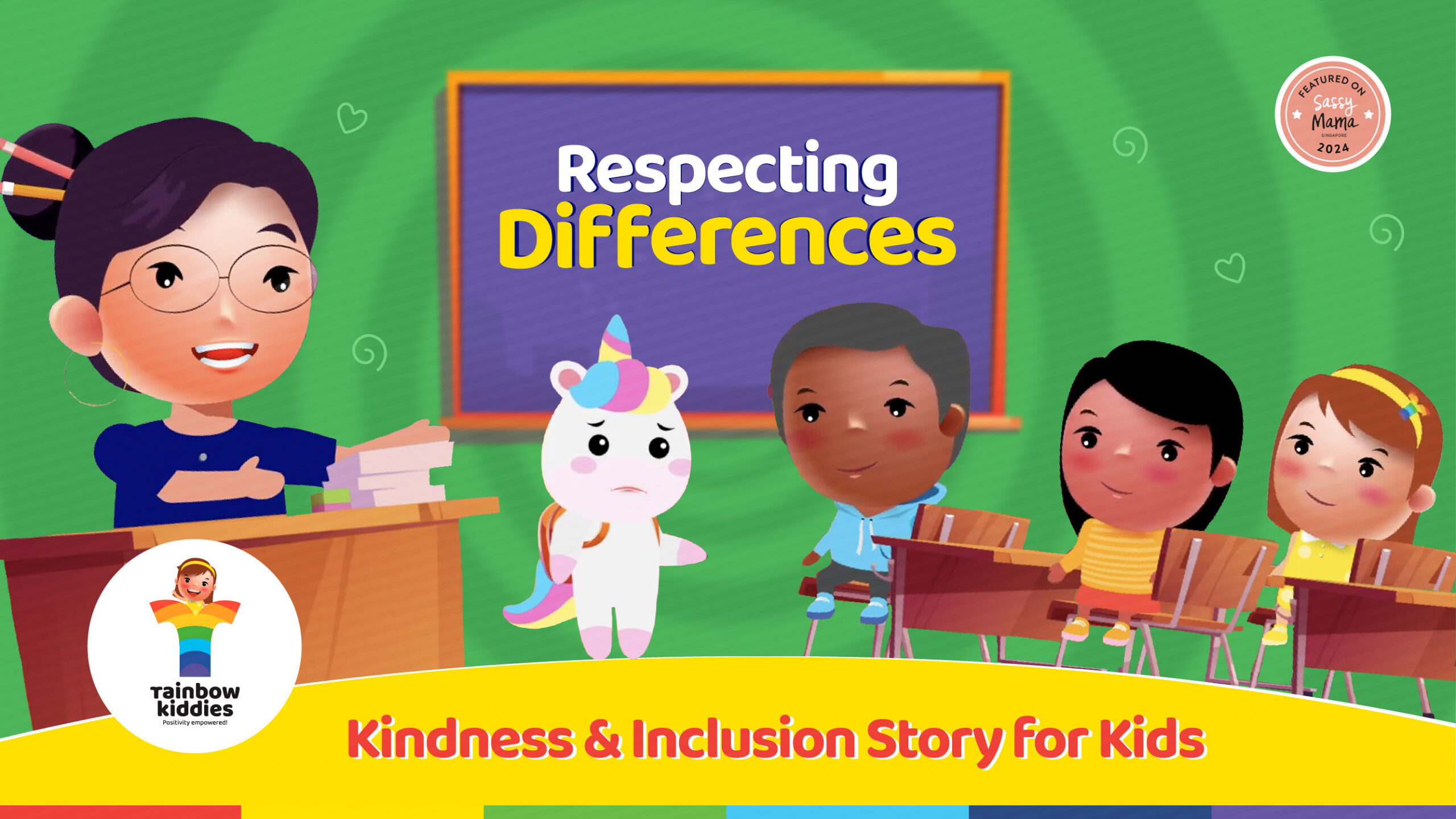
How to Respect Differences? – Kindness and Inclusion Story
-
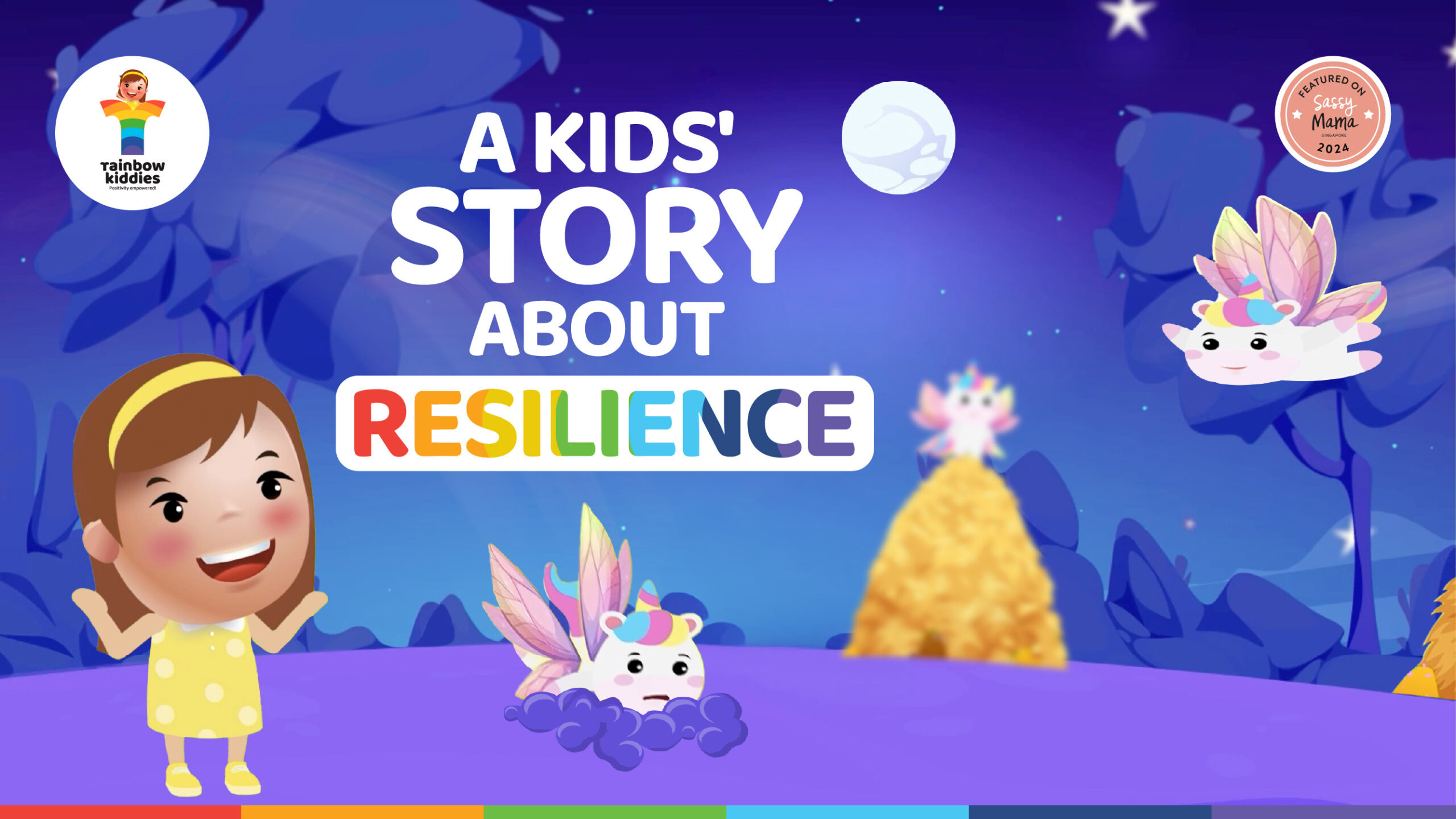
Resilience Story for Kids – How to Never Give Up?
-
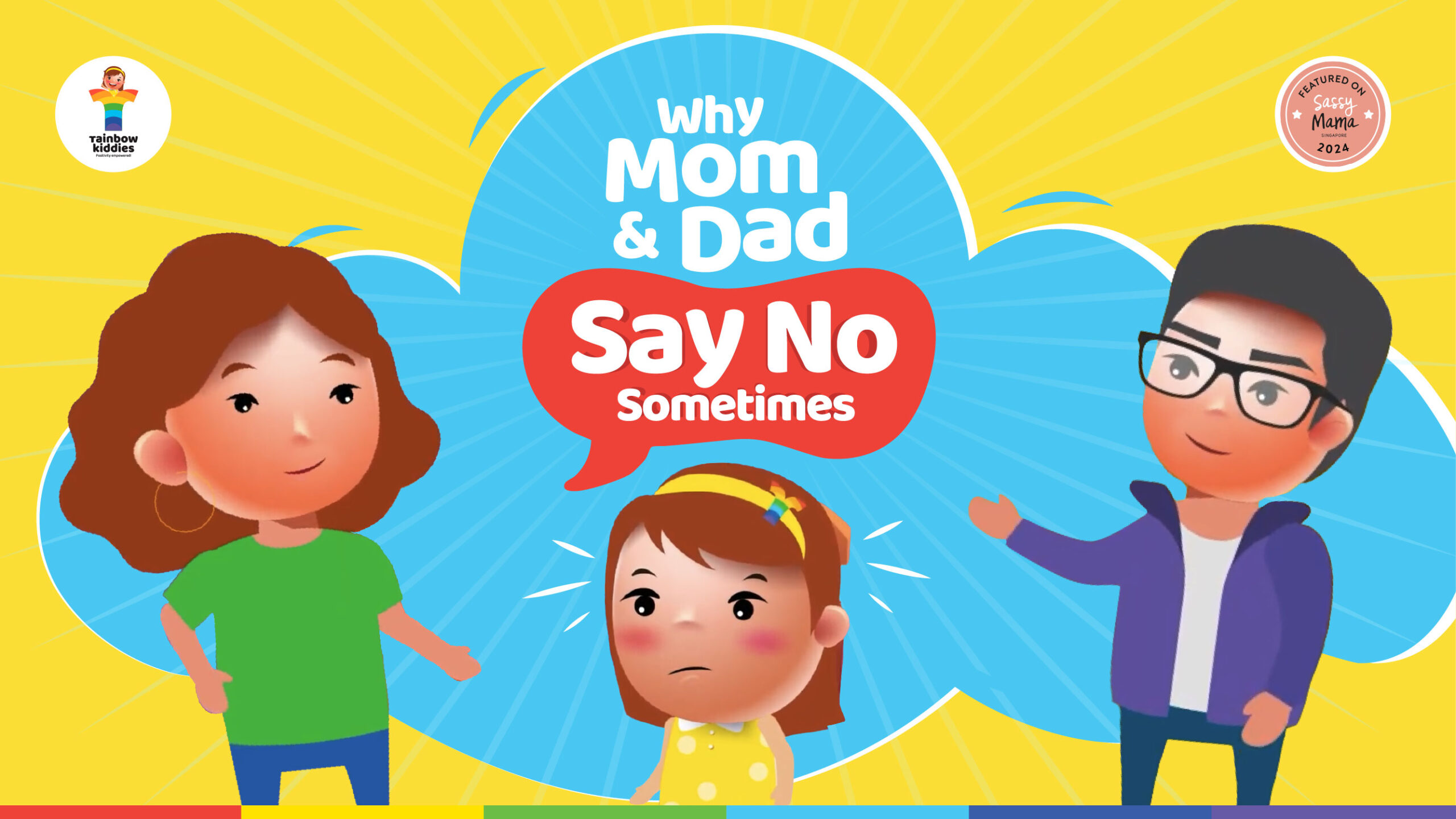
Parents Say ‘No’ to Kids – The Surprising Reason – Love
-
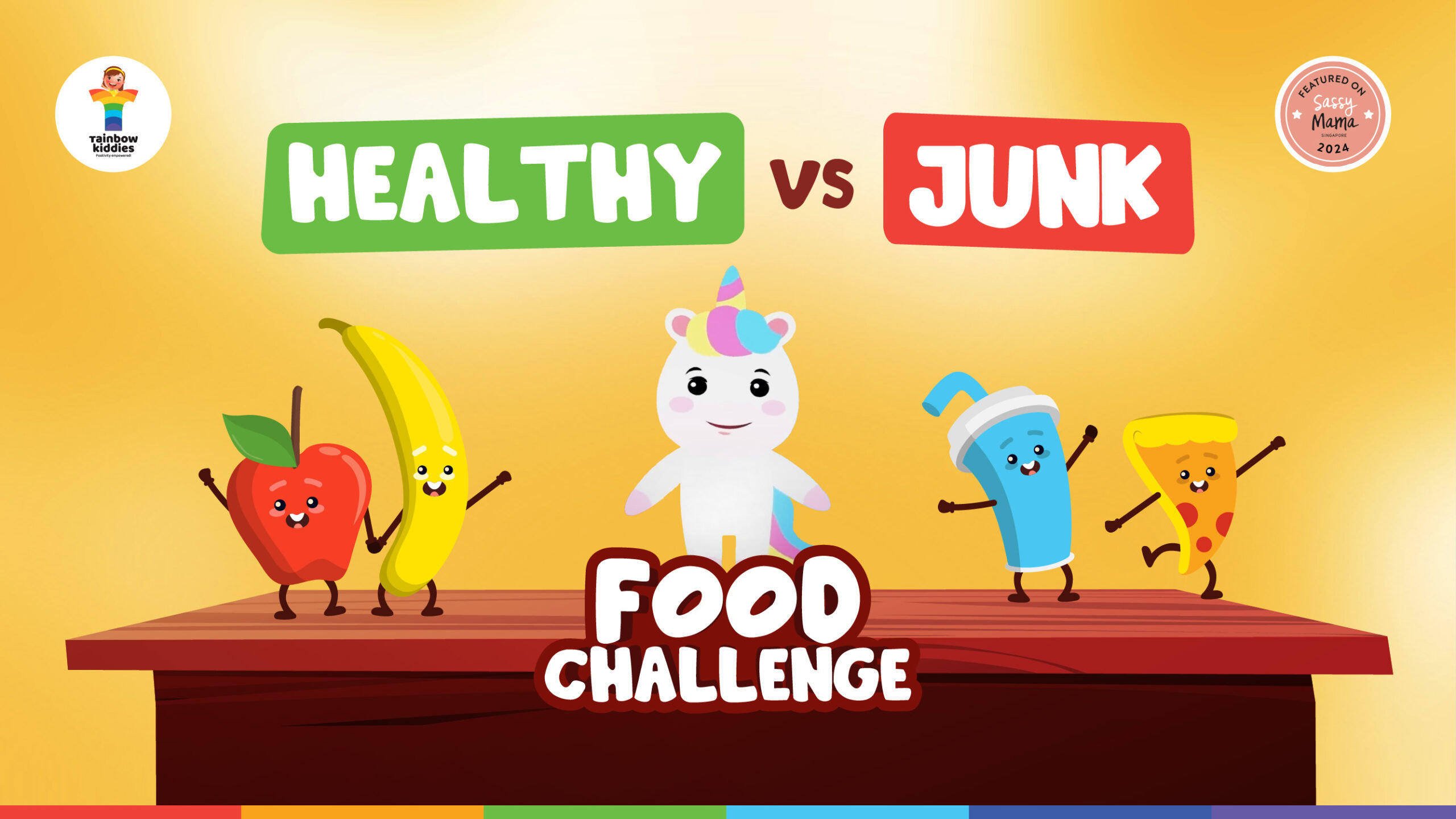
Healthy vs Junk Food Challenge – Make Smart Food Choices
-
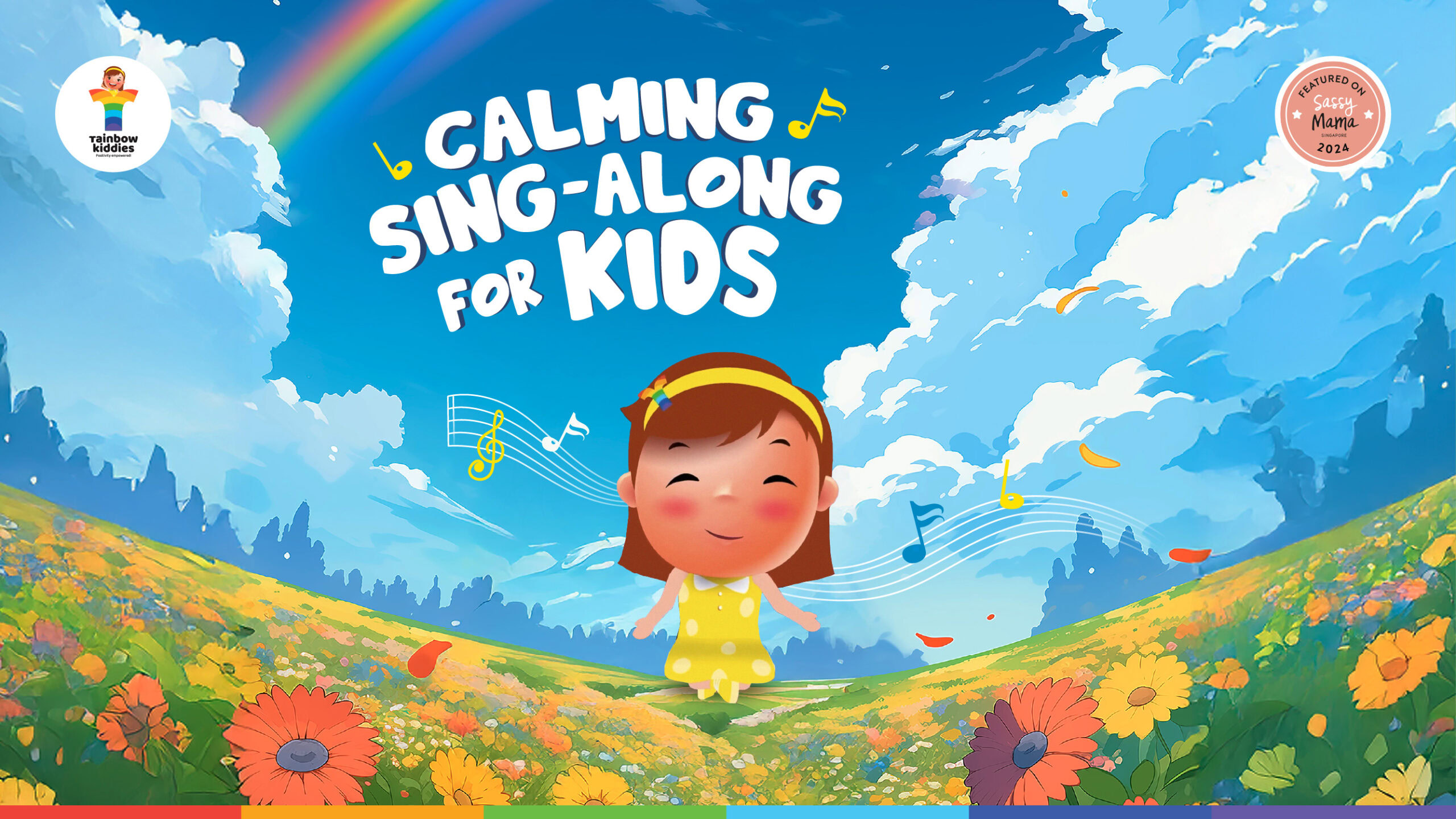
Simple Calming Sing-Along – Song for Kids to Manage Anger
Ready for more?
Hey
Sign up for Rainbow Kiddies newsletters for more stories and updates
Obsessive-compulsive disorder is a serious mental illness that can be disabling in the long term. If you are concerned that you or your child, or anyone you know might have OCD, then please listen to this podcast. This podcast will help you know more about the causes and possible risk factors for OCD, which will further help you to take help at the earliest. With effective treatment, obsessive-compulsive disorder can be treated and managed successfully.
Obsessive-compulsive disorder (OCD) is an anxiety disorder that can happen in children and adults. It is characterized by obsessions which increase anxiety; and by compulsions which decrease anxiety temporarily.
Obsessions are intrusive thoughts (ideas, images, or impulses) that repeatedly enter a person’s mind against their will. These further generate anxiety and are difficult to dismiss. On the other hand, compulsions or rituals are repetitive acts that are performed to reduce this anxiety, but the relief is only temporary. Engaging in these compulsions brings no pleasure. They are excessive and not realistically related to the problem they intend to fix. Later the rituals may become more automatic and increase anxiety. Moreover, psychological theories of OCD suggest that ritualizing maintains the problem by preventing habituation to the anxiety and by not letting the child face their fears.
Obsessive-compulsive disorder usually includes both obsessions and compulsions. But it is also possible to have only either of these symptoms. The child may or may not realize that their obsessions and compulsions are excessive or unreasonable, but they take up a great deal of time. They gradually start to interfere with their daily routine and thereby, functioning in social or school settings.
Thank you for taking the time to listen to this podcast!
Sign Up for your Free Parenting Guide: “10 Everyday Ways to Raise an Emotionally Strong Child”


